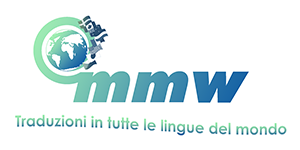Luxembourgish (Lëtzebuergesch)
Luxembourgish is a Germanic language spoken by about 400,000 people in
Luxembourg (Lëtzebuerg), France (Frankräich),
Belgium (Belsch) and Germany (Däitschland). There
are also a few Luxembourgish speakers in the USA. It has a lot in common
with German and Dutch, and has also borrowed some words from French,
e.g. merci (thank you).
Luxembourgish has been spoken since Frankish times (c. 1,000 AD),
along the banks of the Moselle. Literature in Luxembourgish flourished
during the 19th century. Luxembourgish started to be used as a language
of instruction in schools in 1914. A new spelling system, Lëzebuurjer
Ortografi, was devised by Jean Feltes, a phonetician, in 1946, though
it never really caught on. In 1950 Joseph Tockert, Helene Palgen, and Robert
Bruch were commissioned to produce a new Luxembourgish dictionary. They
invented a new spelling system for the dictionary, which was adopted as the
official one in 1976, when Feltes’ system was dropped.
Luxembourgish is used in pre-school education in Luxembourg. Primary
education is in German and senior education is in French. Many people
also learn another language, such as English or Dutch.
Local radio stations broadcoast a few hours of German, French and
Luxembourgish each week, and some also have English hours.
Debates in the Luxembourg parliament are carried out mainly in Luxembourgish,
though some deputies prefer to use French. Laws are drafted in French, but
people are free to use French, German or Luxembourgish in when dealing with
administrative and judicial matters.
| A a | B b | C c | D d | E e | F f | G g | H h | I i | J j |
|---|---|---|---|---|---|---|---|---|---|
| a | bee | tsee | dee | ee | eff | gee | ha | i | jott |
| K k | L l | M m | N n | O o | P p | Q q | R r | S s | T t |
| ka | ell | emm | enn | o | pee | ku | är | ess | tee |
| U u | V v | W w | X x | Y y | Z z | Ä ä | Ë ë | É é | |
| u | fau | wee | ikks | igrekk | tsett |
